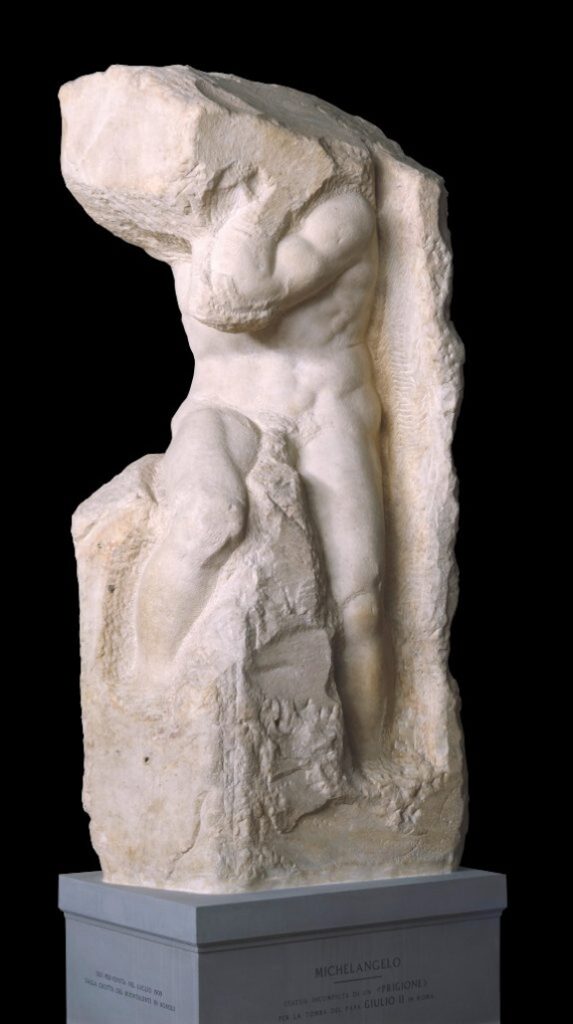“Here we touch on something important,” said Joseph Ratzinger, concluding an address in 1990:
A vision of the world that cannot give meaning to pain and make it precious does not serve for anything. It fails precisely where the decisive question of existence arises. Those who have nothing else to say about pain but that we should always fight it are deluding us. . . .There is no human life without pain and whoever is incapable of accepting pain excludes himself from that purification which alone can make us mature.
This quotation came to me in an email from a dear friend in Australia. I was arrested by the profundity of it, the more so as I had been dealing with several political questions that touch upon the issue of pain, shallowly.
The Canadian Medical Assistance in Death (MAiD) policy (promising a painless hospital execution to those who think themselves irrecoverably ill) happened to be on my table, but many other things might have been, including my own modest struggles with the medical bureaucracy, one of whose members had already recommended MAiD service to me.
What each offered was the opposite of what Ratzinger was suggesting, “from the height” of the Catholic Church.
He did not say we should not try to alleviate pain and minimize suffering; indeed he said we should do what we can.
Instead he spoke of pain, explicitly, as Michelangelo had spoken of the art of sculpture: as a process of ablation. The Sculptor chisels away the stone, revealing the work that lay inside it.
In his “artistic vision,” he sees the perfected image, hidden, as it were, within the uncarved block. He removes the debris that was concealing it.
It is by something like this process of ablation that God works, and by pain and suffering that we are purified, and in the course of time developed and matured. What was worthless to us is being detached; what is spiritually beautiful, and mystically useful, is preserved.
By analogy with the Sculptor, we have God the Creator, working towards the creature’s perfection, in order to reveal the saint within.
Of course, it is not a stone he carves, but a priceless living soul, and with that soul’s participation.
And of course there is much worse than pain, in the Christian conception of the world. Rather than desiring ascension to Heaven, the subject may be slouching, towards Hell.

To the post-Christian this is only myth; ultimately good and evil don’t exist, either. There is just pain and pleasure, and both of them are as meaningless as we discern in the lesser forms of nature.
Our lives are pointless, because there can be no creative God, and no created soul. The instincts of purity and perfectibility are empty, and all religion is consigned to false imagination. When we choose, we consistently choose pleasure; pain is chosen only as a means.
In other words: there is no such thing as a real choice, and therefore, no such thing as freedom. If our tawdry, biological life has become uncomfortable for us, and there is no pill nor vaccine nor protocol to fix it, then, it is time to discard the whole thing. Our ‘”quality of life” is over.
The transcending idea of immortal life is discounted, to zero. The human body, including its brain and the consciousness supposed to be inside this bloody bio-computer, aggregates in a meat puppet, and if you kill it, then, it ceases to be – as when you shoot a pigeon or a squirrel. And why not toss this corpse away; or better, compost it, when it has reached its cancellation date, or has otherwise gone stale?
My own recent adventure with medical science (heart attack and stroke) was my introduction to the contemporary theory of pain, considered as an absolute by the doctors. Pain dictates action, as every patient eventually learns. When it hurts, you do something.
I questioned this, to a (Polish immigrant) rehab nurse who was minding me while I was attempting to walk again. She kindly advised me to “shush,” when I mocked the tyranny of pain. She said that the people who work in Toronto’s most reputable general hospital do not tolerate heretical views. “They are very leftwing around here.” She had to be cautious herself, because she might slip, and say something Catholic.
I remember that nurse fondly, and one or two others (a Filipina, and a Tibetan) because they were among the genuinely “diverse.” You could ask questions of them, including unfashionable questions, and they would answer without surprise – and in English rather than medical jargon.
They were unusual because they appeared to have thought about pain, more deeply than the pill-dispensers around them. They were aware of a complex relation to compassion. Many intentionally painful procedures were compassionate, and many which weren’t painful were not compassionate. The nurses had a moral role, to explain.
I was reminded of nurses I met in Britain, decades ago, and of the stoical calm they communicated, as they passed through the wards, in an earlier era of public medicine.
Compassion is not sentimental nonsense, but the two functions can become confused. Pain, which may be necessary or unavoidable, should be welcomed when it is: though it is not often joyfully welcomed.
Now read Saint Paul: “None of us lives to himself, and none of us dies to himself. If we live, we live to the Lord, and if we die, we die to the Lord; so then, whether we live or whether we die, we are the Lord’s.” (Romans 14)
This begins to explain how a Christian would find meaning in physical pain, and in death; and it will help us to distinguish what we should, and should not, fear. It is not pain, it is separation from the love of Christ, that terrifies, in this universe where Christ accepted the Crucifixion.















